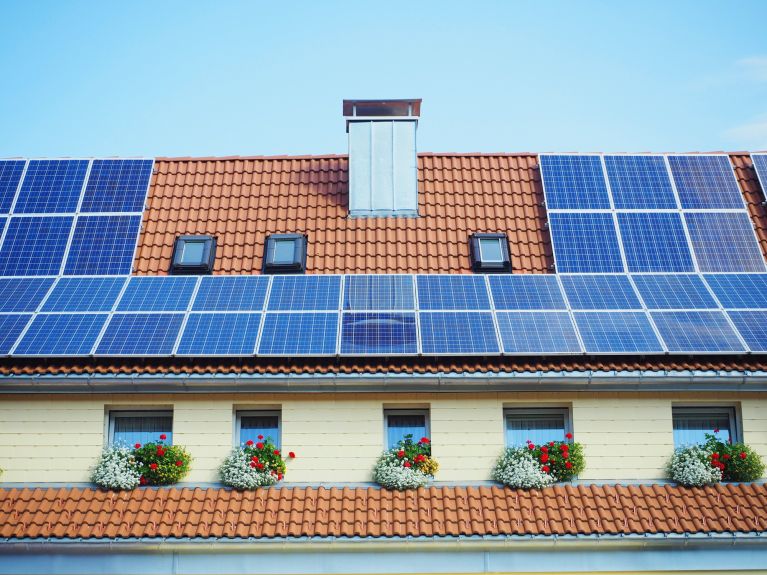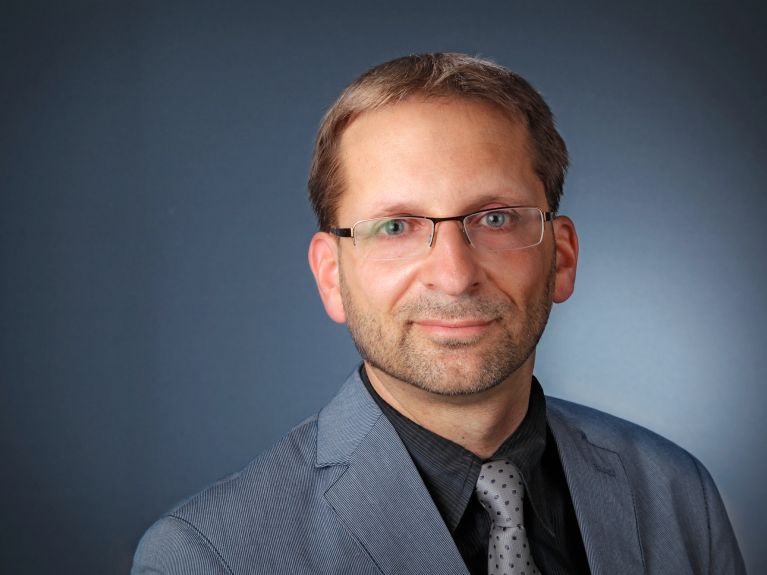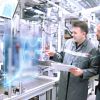The crucial breakthrough in battery research?
Together with an Indian company, a Fraunhofer institute has developed a battery that could advance the Energy Transition. A brief interview.

Dr. Weidl, you are at the Energy Storage Europe fair in Düsseldorf as we speak. What are you doing there?
I and my colleagues from the Fraunhofer Institute for Ceramic Technologies and Systems are supporting the Indian company R Cube Energy Storage in its presentation of a battery cell we have developed together. We only recently signed a Memorandum of Understanding in the Indian city of Pune in order to bring these ceramic high-temperature batteries to market in Germany.

Which sort of technology does this concern exactly?
Our sodium nickel chloride battery is based on technology that has been available since the 1970s. The principle offers numerous advantages – such as extremely high safety and zero maintenance – however, to date production has simply been too expensive. We have now been able to significantly lower production costs and believe this to be a breakthrough. What’s more, nickel and table salt are cheaper than lithium, which has been used up until now, and they are available world-wide.
Battery storage solutions are a big talking point in Germany. What contribution can your technology make in this respect?
Before now, the main impediment was the high price. For private homes it was simply too expensive to store the energy obtained using a solar collector, because the batteries were too pricey. I think we have been able to lower costs sufficiently for it to now be worthwhile. Our energy storage is ideal for private and stationary use.
Interview: Martin Orth
Dr. Roland Weidl is Department Director at the Fraunhofer Institute for Ceramic Technologies and Systems (IKTS), where he is responsible for the development of innovative energy systems. The Fraunhofer Institute IKTS operates facilities in Dresden and Hermsdorf (Thuringia) and is the largest ceramics research institute in Europe.
You would like to receive regular information about Germany? Subscribe here:


